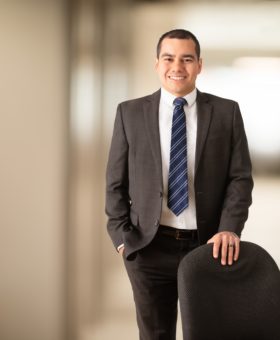 Matthew Healey
Matthew Healey See Bio
Patent prosecution laches is an equitable doctrine whereby patent claims can be rejected for unreasonable and undue delay in prosecution. Prosecution laches can also be invoked in litigation proceedings to render patent claims unenforceable. Prosecution laches has been applied in cases of egregious delay, such as In re Bogese, 303 F.3d 1362, 64 USPQ2d 1448 (Fed. Cir. 2002), where the applicant filed twelve continuations applications over an eight-year period and did not substantively advance prosecution when required and given an opportunity to do so. Another instance is Hyatt v. Hirshfeld, 998 F.3d 1347, 2021 USPQ2d 591 (Fed. Cir. 2021), where the applicant engaged in claim duplication, claim rewriting/shifting part way through prosecution, failure to accept allowed claims (instead refiling such claims years later in separate applications), and refiling claims already lost in interference proceedings, etc.
Prosecution laches has been applied to patents filed prior to June 8, 1995 (where patent term triggered at issuance and lasted 17 years) to curb attempts by patentees to delay issuance until enforcement conditions became more favorable. After June 8, 1995, patent term triggers at the earliest effective (non-provisional) filing date and lasts 20 years, which many argue renders the doctrine of prosecution laches moot.
In Sonos, Inc. v. Google LLC, C 20-06754 WHA, 29 (N.D. Cal. Oct. 6, 2023), a thirty-two-million-dollar jury verdict was vacated, and prosecution laches was applied to render two Sonos patents unenforceable (US Patent Nos. 10,848,885 & 10,469,966). These patents issued from continuation applications claiming priority to a provisional application filed 13 years earlier in 2006 (after the 1995 change in patent term). The continuation applications were part of a chain of continuations claiming priority to the same provisional application. The continuation applications were filed at least four years after Google released allegedly infringing products.
Sonos has appealed the district court’s ruling, arguing that prosecution laches should not apply because Sonos engaged in standard continuation practice and did not extend the duration of its patent monopoly. If the district court’s ruling is affirmed by the Federal Circuit, patent stakeholders will need to carefully consider their strategy in filing continuation applications to read on competitor products released during their patent term.